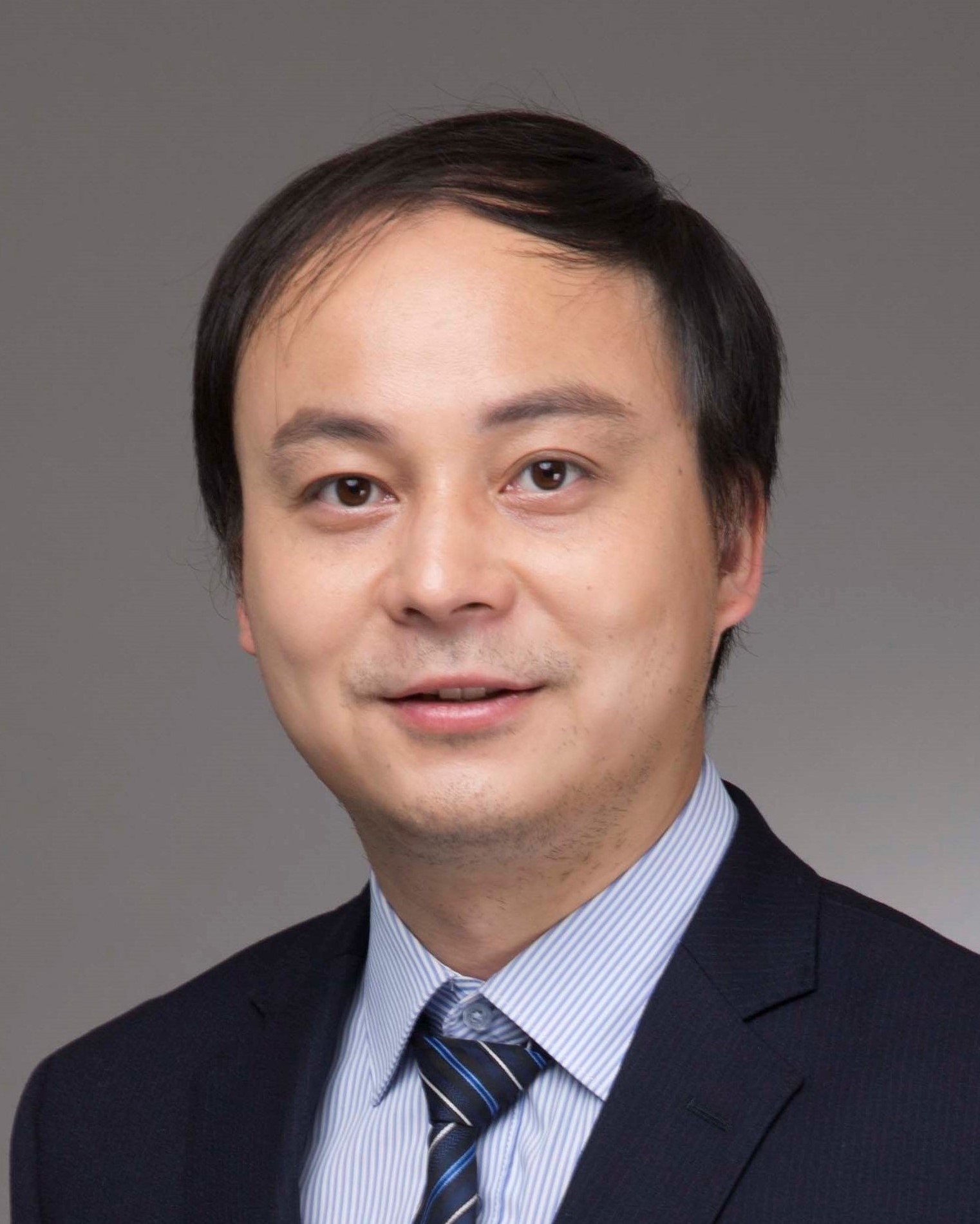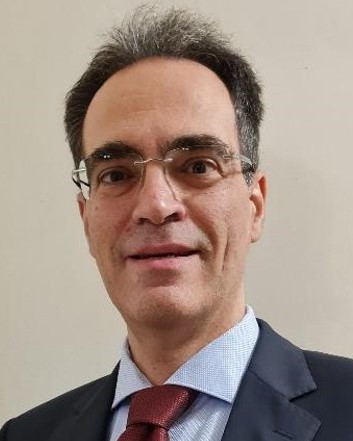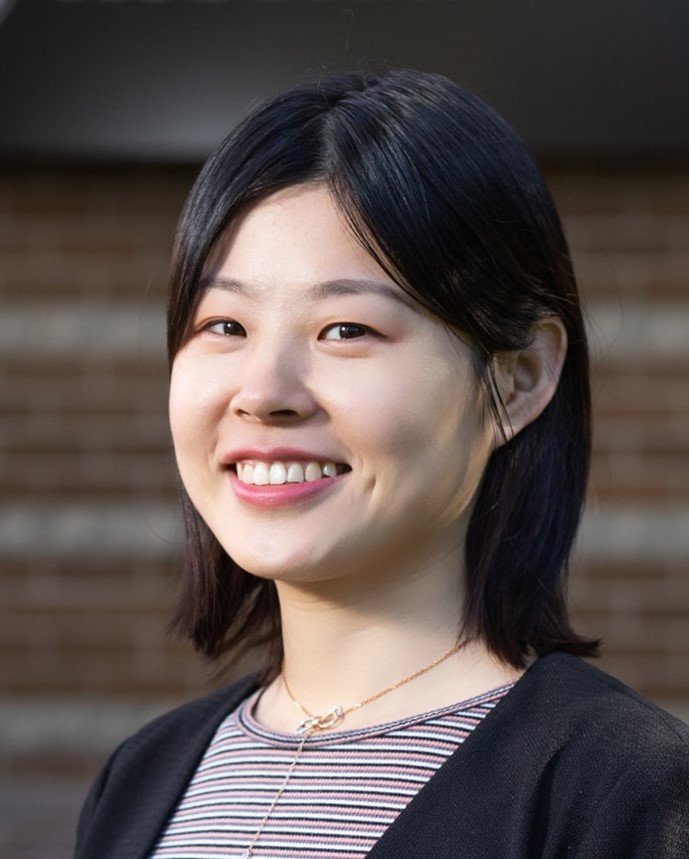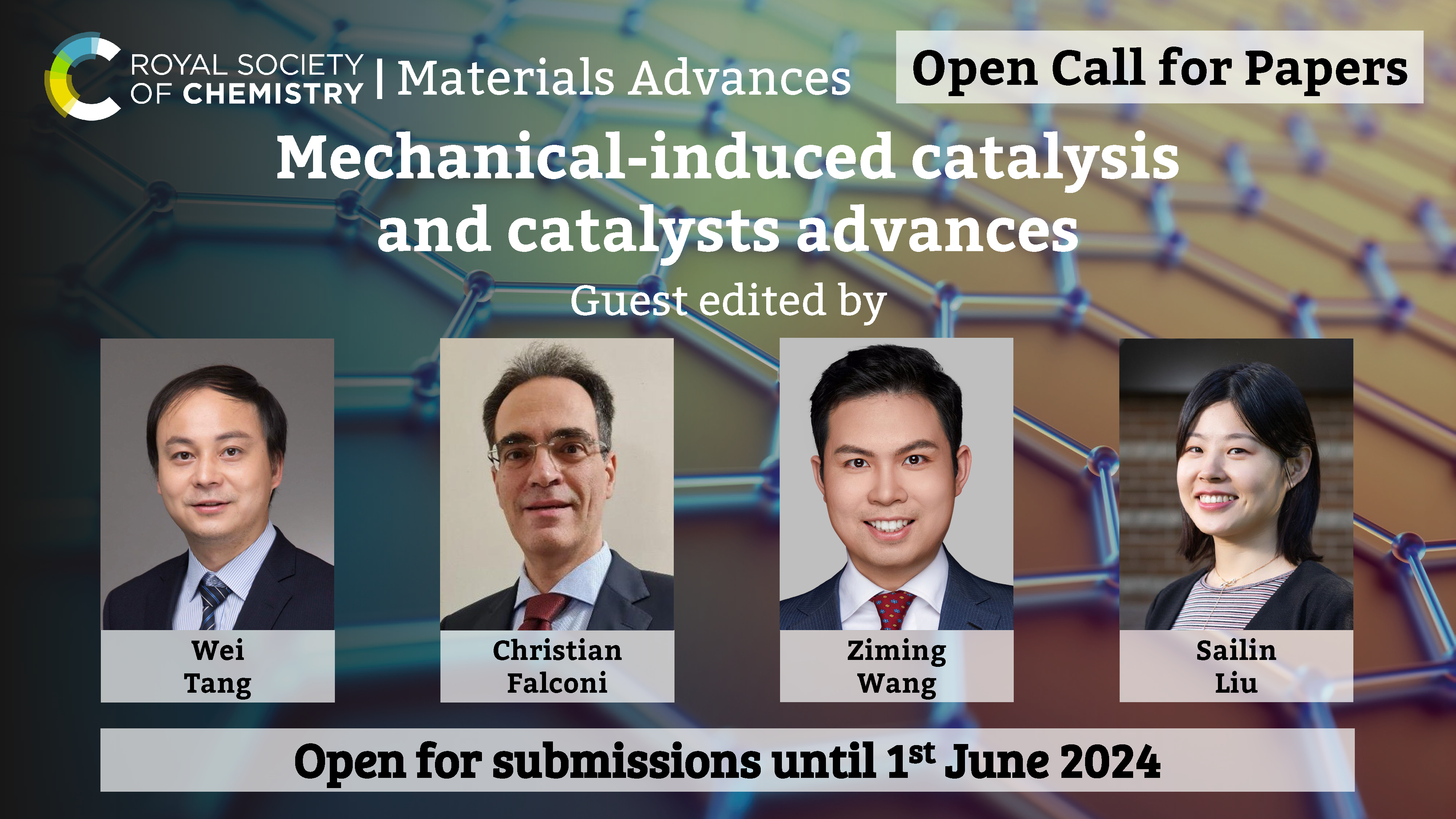We are delighted to announce an open call for papers to our new themed collection on Mechanical-induced catalysis and catalysts advances, to be published in Materials Advances.
Mechanical-induced catalysis is gaining increasing attention with its potential to broaden the scope of new catalyst materials, leading to its increasingly widespread use for materials development and applications. This themed collection broadly focuses on mechanical induced catalysis and catalysts advances including (but not limited to):
- Development of nanomaterials with tailored properties (e.g., shape, size, composition) for enhanced mechanical-induced catalytic performance
- Piezo- and tribo-electric nanogenerators for catalysis
- Design and characterisation of single-atom catalysts
- Mechanistic studies of mechanical-induced catalysis (e.g., in situ, computational modelling)
- Novel and/or sustainable approaches for mechanochemical catalyst development
- Scalability of synthesis using mechanochemical techniques
Submit before 1st June 2024
If you are interested in contributing to this collection please get in touch with the Editorial Office.
Materials Advances publishes quality research across the breadth of materials science. It received its first full impact factor of 5.0 (Journal Citation Reports 2022, Clarivate Analytics).
Please note that accepted manuscripts will be subject to an article-processing charge (APC) unless your institute has an existing agreement with the RSC that covers publications in our gold open access journals. More information about charges, discounts, and waivers are available here. Corresponding authors who are not already members of the Royal Society of Chemistry are entitled to one year’s Affiliate membership as part of their APC. Find out more about our member benefits.
This themed collection is Guest Edited by:

Wei Tang Chinese Academy of Sciences, China Wei Tang received his B.S. degree from the Physical Department and Ph.D. degree from the Microelectronic Department from Peking University in 2008 and 2013. He is a professor at the Beijing Institute of Nanoenergy and Nanosystems, Chinese Academic of Sciences. His research interests include interface electron transfer and its applications in wearable electronics, contact-electro-catalysis, and energy harvesting devices. |
 Christian_Falconi Christian_Falconi
University of Rome Tor Vergata, Italy Christian Falconi is an Assistant Professor at the Department of Electronic Engineering, University of Rome Tor Vergata, Rome, Italy. He received his M.Sc. (cum laude) and Ph.D. degrees in Electronic Engineering from the University of Rome Tor Vergata in, respectively, 1998 and 2001. He has contributed as corresponding/co-corresponding author papers on leading journals in nanosystems (NanoEnergy), electronics (IEEE TCAS II), sensors (Sensors and Actuators A / B) and interdisciplinary journals (Nature Communications, Advanced Materials, ACS Applied Materials & Interfaces…). Since 2013 he is Adjunct Professor at the Sungkyunkwan University (SKKU, South Korea). Since 2017 he is Adjunct Professor at the Beijing Institute of Nanoenergy and Nanosystems – Chinese Academy of Sciences (BINN – CAS, China). He has visited top international Universities worldwide, including the University of Linkoping (1 month), TU Delft (7 months), Georgia Tech (14 months), SKKU (1 month) and BINN – CAS (7 weeks). His research interests include analog electronics, electronic interfaces, sensors, nanogenerators, micro-nano-systems, electronic devices and biomedical engineering. |
 Ziming Wang Ziming Wang
Chinese Academy of Sciences, China Ziming Wang is currently a postdoctoral research fellow at the Beijing Institute of Nanoenergy and Nanosystems, Chinese Academic of Sciences. He received his Ph.D. degree in condensed matter physics from the University of Chinese Academy of Sciences (UCAS), under the supervision of Prof. Zhong Lin Wang. His research interests include contact-electro-catalysis, self-powered sensors, and energy harvesting. |
 Sailin Liu Sailin Liu
University of Adelaide, Australia Dr Sailin Liu is committed to developing high-energy-density batteries with high safety and long cycling lives. During her Ph.D. study, she was specializing in frontier technologies of developing non-flammable electrolytes and stable electrode/electrolyte interface. Her current research interest is non-flammable organic electrolytes, electrolyte/electrode interface, aqueous rechargeable battery technology. |












